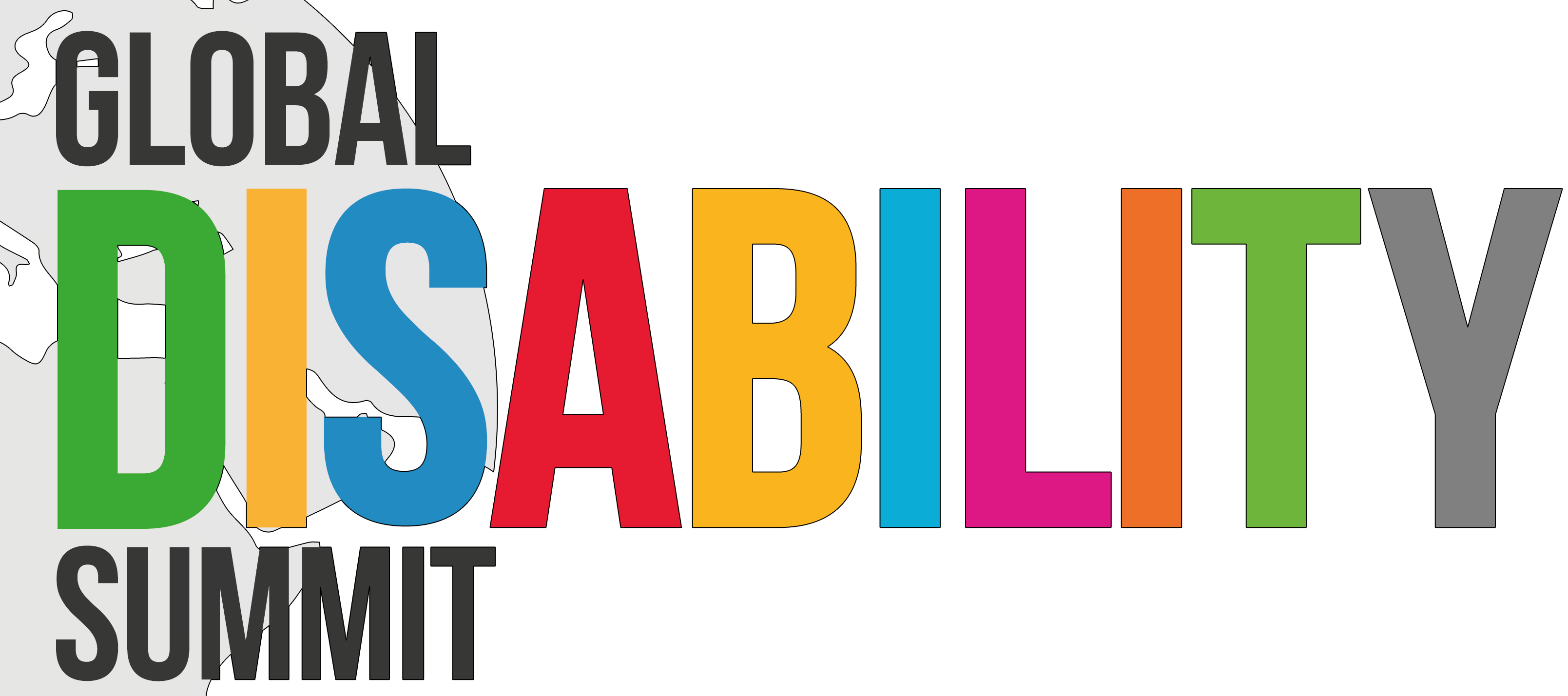
News
‘Women and Girls with Disabilities Must Have a Voice’
Play audio version
Global Disability Summit 2022 Speakers Commit to Inclusion, Access, and Participation
March 29, 2022
At the Global Disability Summit’s “Spotlight on Gender” session, Elizabeth Kanjiwa, a youth leader with visual impairments from Family Planning Association Malawi (FPAM) and International Planned Parenthood Federation (IPPF), explained why she is enthusiastic about her work as a peer educator: “My passion is to save many girls from unplanned pregnancy that can lead them to drop out of school and forced marriage and no control over their lives,” Kanjiwa said.
The second Global Disability Summit was held on February 16 and 17, 2022. Hosted by the International Disability Alliance (IDA) and the Norwegian and Ghanaian governments, the summit was held virtually to ensure inclusive participation due to the COVID-19 pandemic. The first Global Disability Summit (GDS18) was held in 2018 and was hosted by the Kenyan government, the former UK Department for International Development (DFID), and the International Disability Alliance (IDA).
In this year’s “Spotlight on Gender” session, Kanjiwa said that Malawian girls in Mtande Village, TA Chimutu in Lilongwe do not have knowledge about safe sex and do not know where to access contraceptive services. Girls with disabilities find it difficult to access sexual and reproductive health and rights (srhr) services due to long travel distances to health centers. Girls with disabilities, especially those who are Deaf or hard of hearing or blind or have low vision, also encounter difficulties communicating with health workers and accessing radio and television public service announcements on srhr. Additionally, Kanjiwa mentioned how some health workers are not hospitable.
“The first time I went to a clinic in 2012, I was sent back, just because I did not come with my guardian. I felt ignored, but now they are friendlier than before. Many of them have received training from FPAM on youth-friendly and disability-inclusive services,” Kanjiwa said.
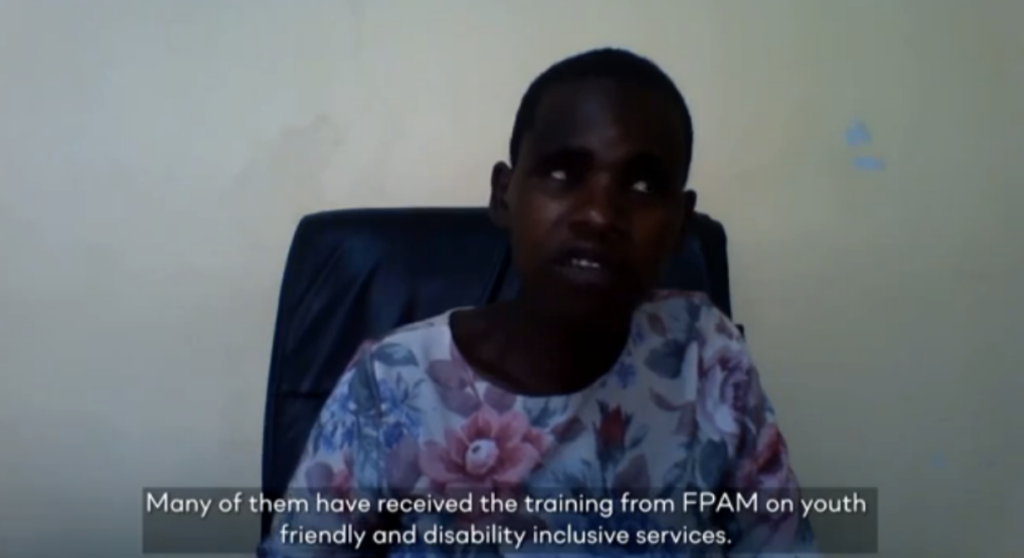
According to Dr. Bärbel Kofler, another “Spotlight on Gender” speaker and Parliamentary State Secretary to Germany’s Federal Ministry for Economic Cooperation and Development, women and girls with disabilities are often at a double disadvantage because they are female and have a disability. “In low-income countries, three-quarters of all the people with disabilities are female. In these countries, almost one in every four women, 22 percent, is living with one or more than one disability. The consequences are disastrous,” Kofler said.
Dr. Kofler stated that women and girls with disabilities are between three to ten times more likely to experience gender-based violence than those without disabilities. “Women and girls with disabilities must have a voice,” she said. “Only then will they be able to fully participate in social, economic, and political life.”
According to the United Nations Population Fund, girls and women with disabilities are not only more likely to experience gender-based violence but are less likely to access sexual and reproductive health and rights services and information like menstrual hygiene, family planning, and comprehensive sex education.
Dr. Natalia Kanem, a third speaker and executive director of the United Nations Population Fund (UNFPA), said, “UNFPA will work in partnership … to ensure women and girls with disabilities are fully seen and counted. Let us recognize their rights, respect their choices, acknowledge their beauty and brilliance and support their every hope and aspiration.”
Honorable Nyeleti Brooke Mondlane, Mozambique Minister of Gender, Children, and Social Action and a fourth speaker at the summit session, also reaffirmed Mozambique’s commitment to materializing goals, including the UN Sustainable Development Goals, which focus on leaving no one, including persons with disabilities, behind.
The next Global Disability Summit will occur in 2025. The German and Jordanian governments will be its hosts. In her speech, Kanjiwa recommended that the voices of people with disabilities be included in various high-profile meetings like the Global Disability Summit, where decisions are made. so that there is “nothing about us without us.”
Esther Suubi is a fellow with the Disability Justice Project and a peer educator with Triumph Mental Health Support. @2022 TRIUMPH Uganda. All rights reserved.
News From the Global Frontlines of Disability Justice
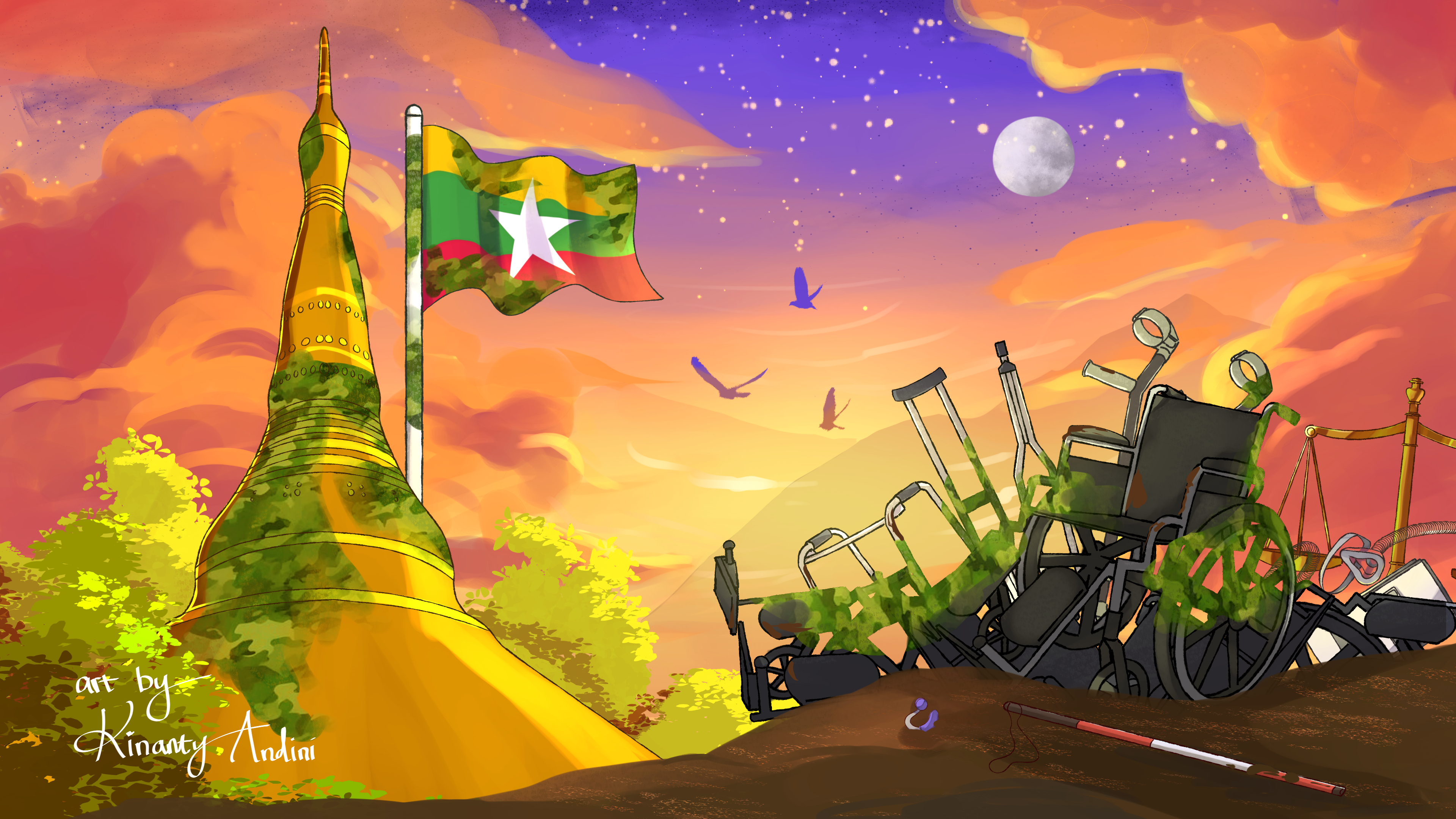
‘Everything Has Gone Back’
Before Myanmar’s 2021 military coup, disability advocates were helping shape national policy for the first time in decades. Laws expanded access to education, transportation, and public life. Today, much of that progress has collapsed. A new UN report describes a “hidden crisis,” documenting targeted violence, deadly attacks, and the exclusion of people with disabilities from warnings, aid, and services. As conflict creates new disabilities and organizations are forced underground, advocates work quietly to preserve rights that once seemed within reach.
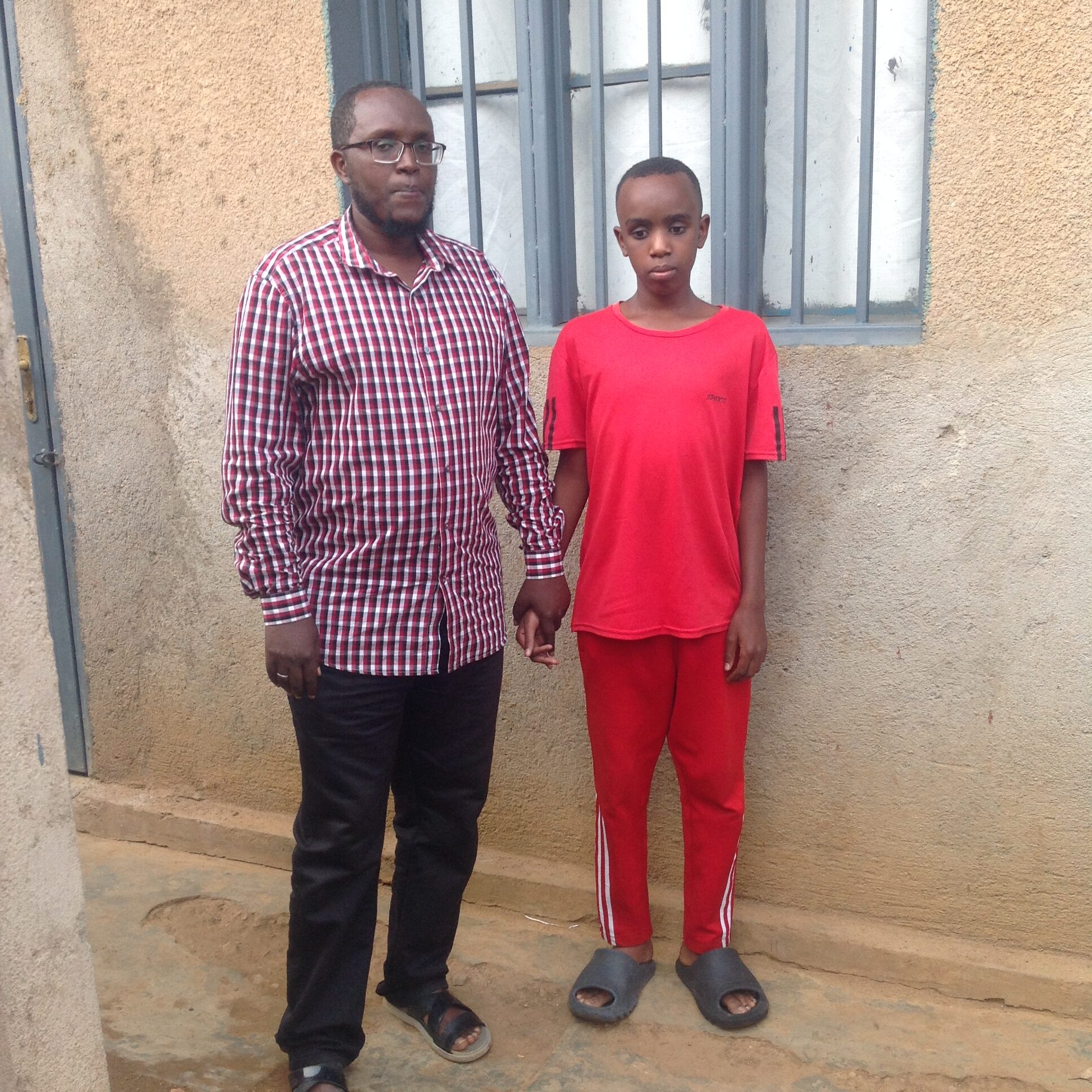
‘I Just Want to Walk Alone’
Fourteen-year-old Saifi Qudra relies on others to move safely through his day. Like many blind children in Rwanda, he has never had a white cane. His father, Mussah Habineza, escorts him everywhere. “He wants to walk like other children,” Habineza says, “He wants to be free.” Across Rwanda, the absence of white canes limits children’s mobility, confidence, and opportunity. For families, it also shapes daily routines, futures, and the boundaries of independence.
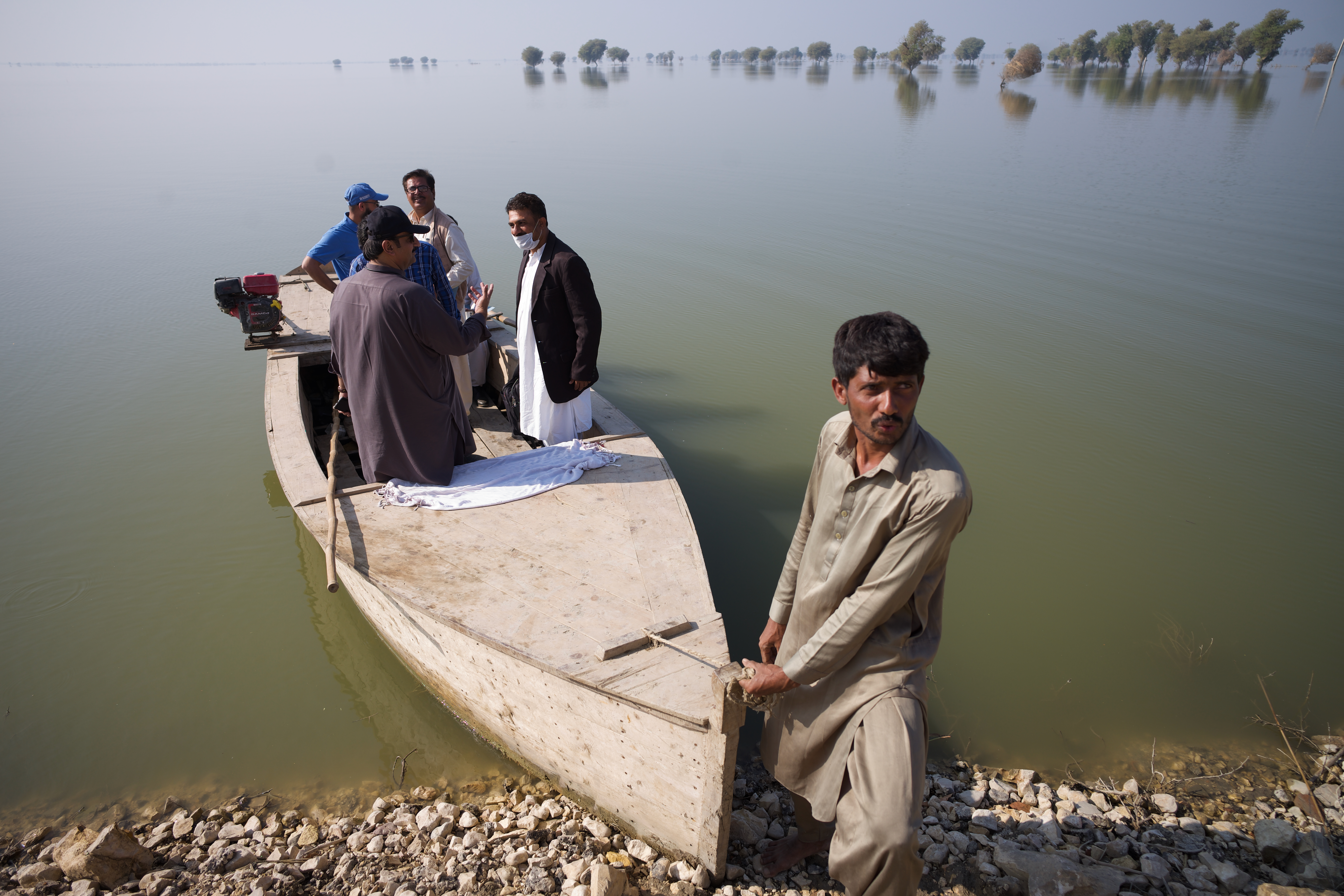
‘Evacuation Routes Are Meant for People Who Can Run’
As climate change and conflict intensify across Pakistan, emergency systems continue to exclude people with disabilities. Warning messages, evacuation routes, and shelters are often inaccessible, leaving many without critical information when floods or violence erupt. “Evacuation routes are built for people who can run,” Deaf author and policy advocate Kashaf Alvi says, “and information is broadcast in ways that a significant population cannot access.”
Read more about ‘Evacuation Routes Are Meant for People Who Can Run’
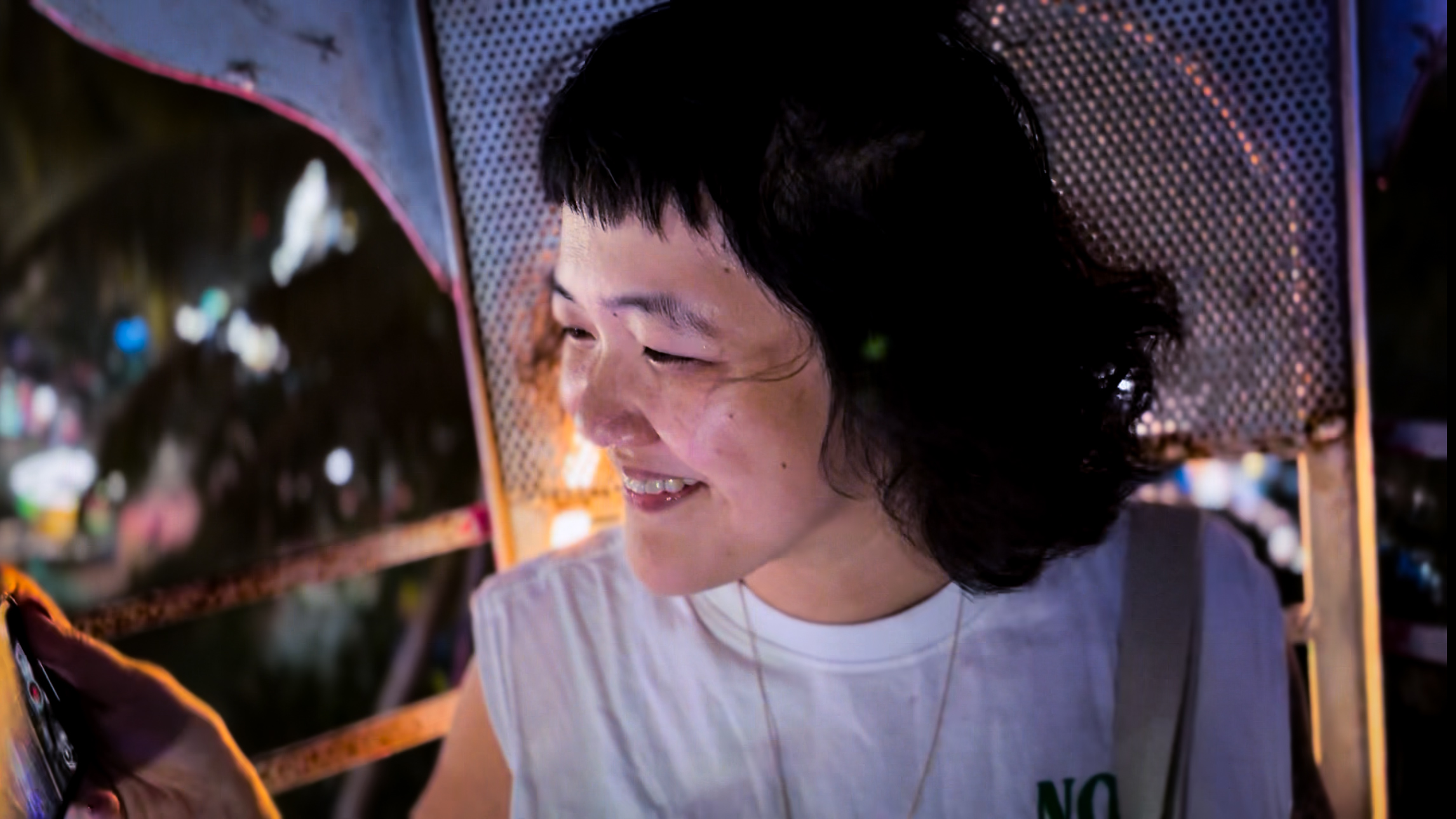
Autism, Reframed
Late in life, Malaysian filmmaker Beatrice Leong learned she was autistic and began reckoning with decades of misdiagnosis, harm, and erasure. What started as interviews with other late-diagnosed women became a decision to tell her own story, on her own terms. In The Myth of Monsters, Leong reframes autism through lived experience, using filmmaking as an act of self-definition and political refusal.
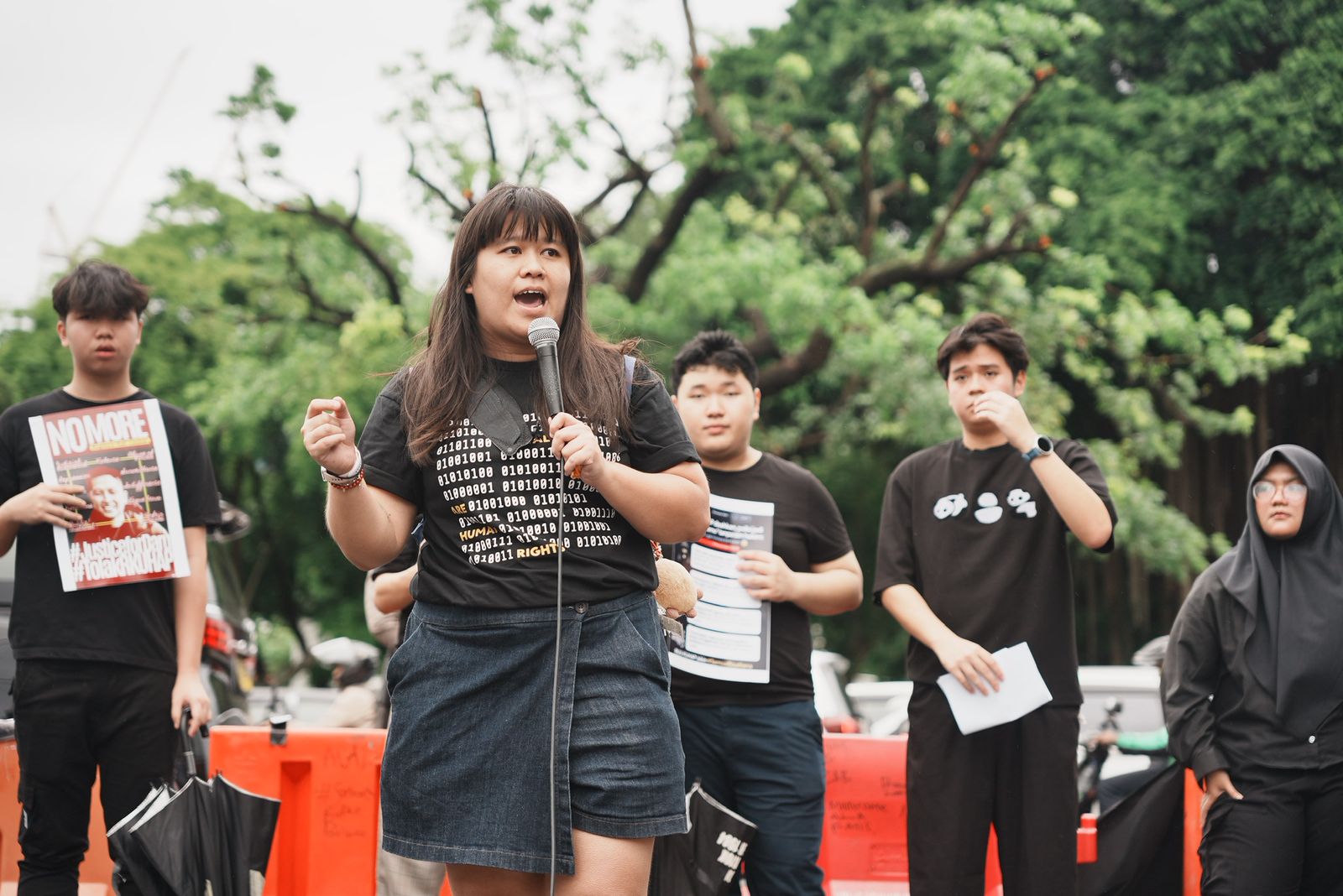
Disability and Due Process
As Indonesia overhauls its criminal code, disability rights advocates say long-standing barriers are being reinforced rather than removed. Nena Hutahaean, a lawyer and activist, warns the new code treats disability through a charitable lens rather than as a matter of rights. “Persons with disabilities aren’t supported to be independent and empowered,” she says. “… They’re considered incapable.”

Disability in a Time of War
Ukraine’s long-standing system of institutionalizing children with disabilities has only worsened under the pressures of war. While some facilities received funding to rebuild, children with the highest support needs were left in overcrowded, understaffed institutions where neglect deepened as the conflict escalated. “The war brought incredibly immediate, visceral dangers for this population,” says DRI’s Eric Rosenthal. “Once the war hit, they were immediately left behind.”